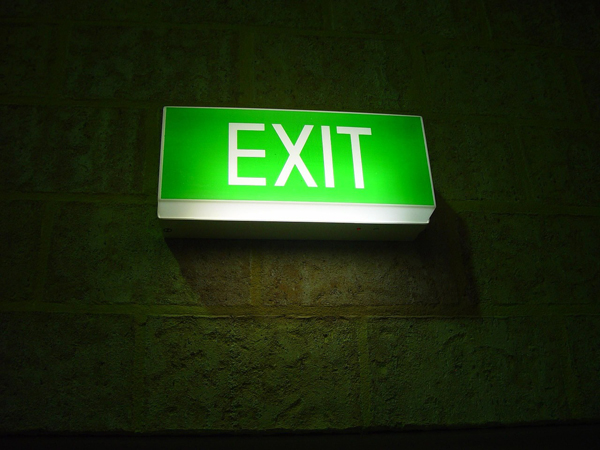 Nobody starts a business with failure in mind. But the fact is that only around half of small businesses employing people survive for more than five years. So whilst you want to stay focused on success, you also need to bear failure in mind and have a realistic and achievable exit strategy. If business becomes unsustainable – or you simply want to move on – what are your options?
Nobody starts a business with failure in mind. But the fact is that only around half of small businesses employing people survive for more than five years. So whilst you want to stay focused on success, you also need to bear failure in mind and have a realistic and achievable exit strategy. If business becomes unsustainable – or you simply want to move on – what are your options?
Employee buyout is one option for an exit strategy
If you want to move onto new pastures, your employees may well want to take the company over. You can involve and motivate them from an early stage via profit sharing and give them all the training they need to do your job. Then when the time comes, you can walk away with a healthy lump sum and they should be able to run a healthy business.
Make it a family business
If you have a family member who can be your successor, you have a viable exit strategy. Involve him or her in the business well ahead of time, deliver comprehensive training, then when the time comes you can step back whilst keeping the business in the family.
Exit by selling to another business
A takeover is an excellent way to end your involvement with a business. If there are growing companies in your sector, they may well be looking for a boost by buying you out and you may be able to secure a substantial sum for your retirement or next business venture.
Float your company
If your business is large enough, you can sell equity on the stock market or Alternative Investment Market. However, this is not a quick fix and will need to be planned several years ahead. It is also not a viable exit strategy if the business is failing, as it will struggle to attract investors. You may also find that you will need to consider running the business for some time after the flotation.
Institute a Company Voluntary Arrangement (CVA)
If your business is clearly insolvent, a Company Voluntary Arrangement (CVA) is often the best way forward. This offers you protection from legal action against your outstanding debts, giving you the breathing space to negotiate arrangements with your creditors and if necessary consolidate your borrowing. Your creditors will receive at least part of what they are owed, whilst you avoid an insolvent liquidation or administration and retain control of your business – meaning you have the chance to turn it around and get it back on its feet.
Go into liquidation if all else fails as an exit strategy
If you cannot sell or pass on the business, you can sell off all your assets, get the money and hope you can cover your debts and have something left over. However, this is only feasible if you have significant business assets, whether premises, plant or equipment.
Go bankrupt
If you have no other options, you will have to file for bankruptcy. Some assets can be protected when you do so, so this won’t be a total loss, but bankruptcy does have serious implications and can affect the way you live for several years to come.
Cashsolv are experts in Company Voluntary Arrangements and all aspects of alternative business finance. If you wish to learn more about Company Voluntary Arrangements, please click here.

